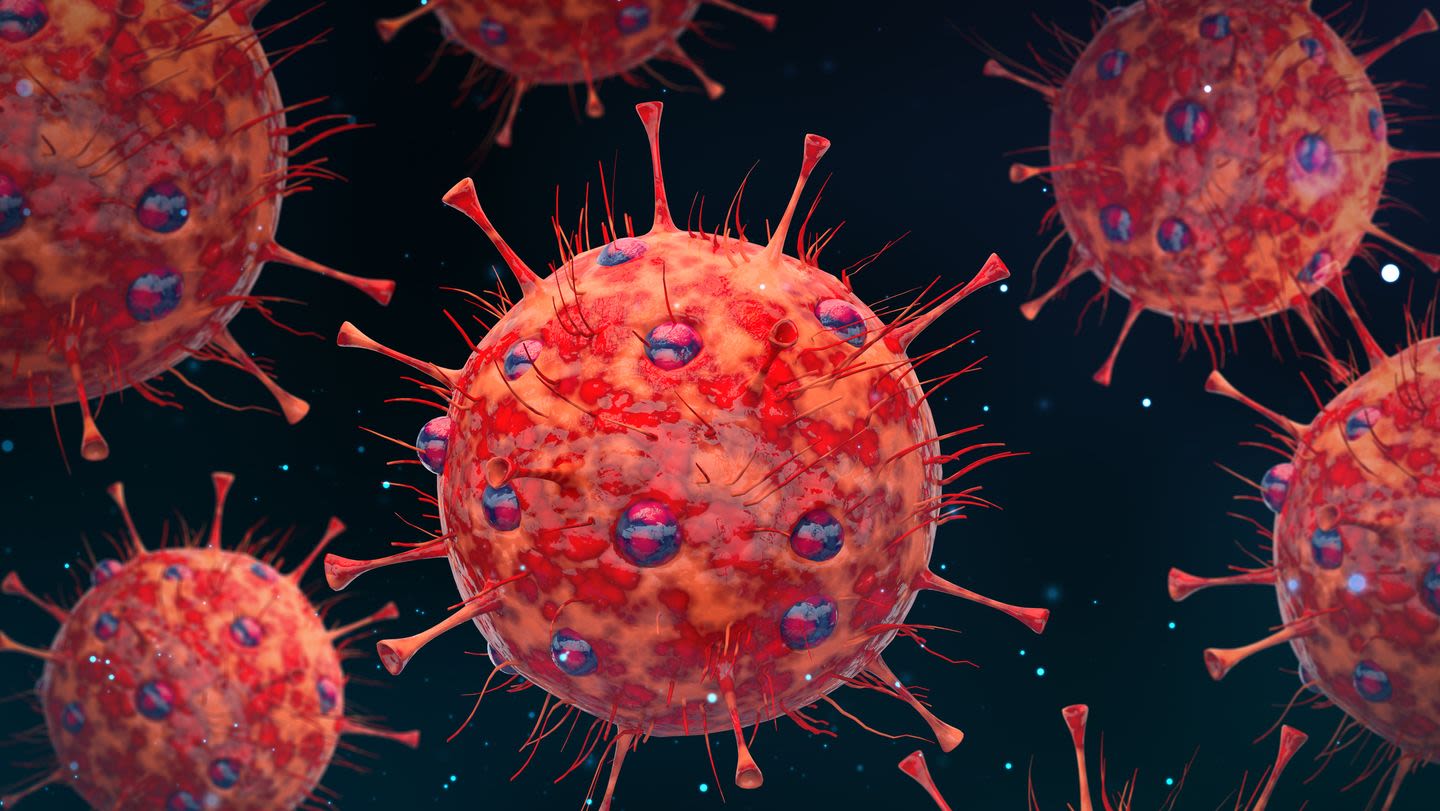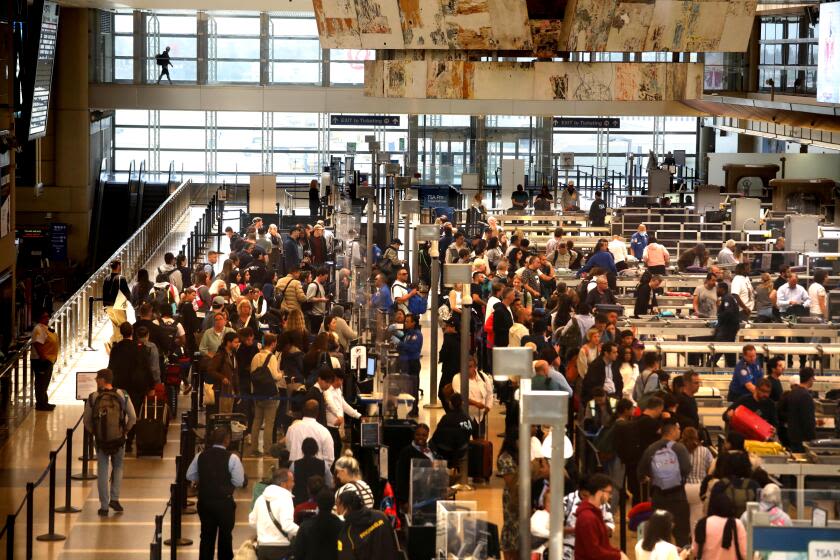Search results
May 3, 2024 · The contagiousness of COVID-19 can vary, but people with mild or asymptomatic illness are usually no longer contagious after 10 days. People with moderate to severe illness or who are moderately to severely immunocompromised may remain contagious for 10 to 20 days or even longer.
Jan 7, 2024 · Researchers estimate that people who get infected with COVID-19 can spread it to others 2-3 days before symptoms start and are most contagious 1-2 days before they feel sick.
Mar 5, 2024 · Infectious Diseases. Vaccines. For the first time since 2021, the Centers for Disease Control and Prevention has updated its COVID isolation guidance. Specifically, it has shifted the recommendation that someone who tests positive for COVID isolate for five days to a timeline based on the progression of the person’s symptoms.
May 11, 2023 · Isolation. If you test positive for COVID-19, stay home for at least 5 days and isolate from others in your home. You are likely most infectious during these first 5 days. Wear a high-quality mask if you must be around others at home and in public. Do not go places where you are unable to wear a mask.
News about COVID-19, William Schaffner (professor), FLiRT
News about Pfizer, Biolabs International LLC, COVID-19 vaccine
News about hand, Oregon, foot
Also in the news
Nov 5, 2020 · Key Takeaways. COVID-19 is primarily spread through the air. People with mild to moderate cases of COVID-19 are thought to be contagious for up to 10 days. People who test positive for COVID-19 or who have been in close contact with people who have COVID-19 should self-quarantine.
- Nicole Stempak
Jan 9, 2024 · More From TIME. When should I test for COVID-19 after an exposure, and when am I in the clear? Federal health authorities, including the U.S. Centers for Disease Control and Prevention, recommend...
Sep 26, 2023 · Medically reviewed by. Soma Mandal, MD. When do you stop being contagious with COVID-19? Research has found that you are likely not contagious nine days after symptom onset. The Centers for...



